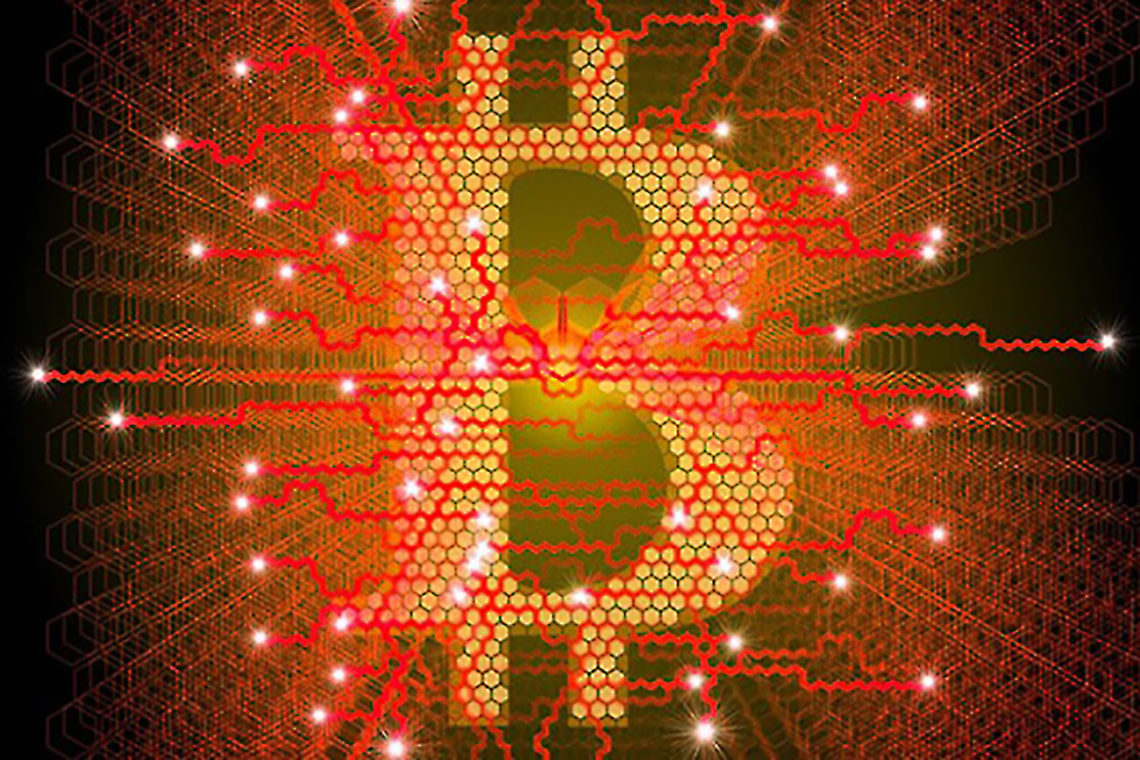The currency you use has an underlying sovereign guarantee by its issuing government. But for long, people were looking for a currency which is not controlled or managed by any bank, government, or organization – one that can work across all over the world without restriction. Their wishes were granted by the proliferation of Bitcoin, a cryptocurrency that works over digital platforms. It has emerged as an attractive alternative over the regular currency medium.
Bitcoin was launched in 2009 amid a global economic recession to provide a stable alternative to the existing currencies. Apart from allowing digital transactions, Bitcoin is also being used as an investment tool. Recently, while India was grappling with the aftermath of the demonetisation drive, Bitcoin’s exchange rate rose above USD 1000. The recent surge has reignited investor interest in this cryptocurrency. Let’s explore the investment prospects in Bitcoin and understand whether this is the product that you were really looking for.
Is it regulated?
Bitcoin is a legal instrument and well regulated in developed places such as the USA, EU, Japan, Singapore, etc. But in India there is no specific law related to governing it. The RBI acknowledges the transactions happening through Bitcoin and warrants a strict watch over them. Many countries are now formulating rules to regulate and tax the use of Bitcoin. Since there is a push towards going cashless in India, it is likely the government may introduce a legal framework governing the use of cryptocurrency.
In the absence of a legal framework in India, the tax implications of earning and spending Bitcoin is vague. As per information based on the various media reports and online sources, if someone holds Bitcoin for many years and earns a profit selling them, he should pay capital gains tax considering it to be an intangible asset.
Some experts believe that it should be treated like a commodity, and then it would work like as a barter transaction. If it is considered a currency transaction, it would result in speculation income as per the prevailing tax system. It is still not clear whether the Indian tax system would recognize Bitcoin as a currency or an intangible asset or a commodity. Therefore more clarity is required for a better insight on taxation aspect.
What makes Bitcoin attractive?
Bitcoin is highly divisible and could be fragmented up to eight decimal points and transferred digitally. Each transaction is recorded and stamped with the new owner’s identification details. The details of buyers and sellers are kept unspecified.
At present, no Indian online retailer accepts Bitcoin payments but there are several foreign retailers that offer good discounts in exchange for Bitcoin payments. Bitcoin has a wider acceptance across the globe.
There is a cap on the supply of Bitcoin which is restricted at 21 million Bitcoins. Therefore, in comparison to other currencies which get printed as and when required, Bitcoin allows a definite quantity and assures better value appreciation.
Since Bitcoin’s supply is limited, it is better hedged against inflation in comparison to any other currency.
What makes Bitcoin risky?
The transactions you make with Bitcoin are irreversible, and therefore you cannot get your money back once transacted. Bitcoin is transacted over e-wallet platforms. If the wallet is not secure, you could lose your funds. Once paid to someone fraudulently, you cannot get your Bitcoin back. In India, Bitcoin has negligibly small use cases and adoption rates. But it is used for speculative purpose.
In a fiat currency, you know the factors that influence its value over a period. But in Bitcoin’s case it is very difficult to ascertain its movement. It has proven to be extremely volatile. Starting from a value of a few cents, it surpassed an exchange rate of USD 1000 in 2013 before falling back to levels as low as USD 200 before rising to pass USD 1000 again.
You never know how governments will frame their regulations for Bitcoin in the future. If they decide to act tough, Bitcoin could lose value in any country restricting its use. Anyone owning it can lose any money locked in Bitcoin.
What caused the recent Bitcoin surge?
The currencies of major Asian countries, especially the Yuan and the Indian Rupee, have depreciated significantly in the last few years in comparison to other major global currencies like the American Dollar and the Euro. Therefore, people are looking for a safer asset class to ensure greater appreciation for money.
After the demonetization of big currency notes in India, people started explored the possibility of putting their money in Bitcoin. As Forbes magazine reported in December: “In a mere 18 days after the demonetization speech of Prime Minister Narendra Modi.
Another reason for the increased interest in Bitcoin is the tightening of norms on gold investment. People are exploring investment substitute for gold and therefore Bitcoin has emerged as an option.
Though Bitcoin has its attractions, in the absence of legal backing and anonymity in the underlying setup makes it risky for Indian investors and speculators. It’s better to wait for the government’s point of view before going big on Bitcoin investment.
There are several online wallet companies offering Bitcoin transactions in India. If you are still looking to accumulate Bitcoin, do not plunge in before you understand the nitty-gritties of this currency. Always consult your investment advisor for better understanding and its impact on your overall portfolio.







